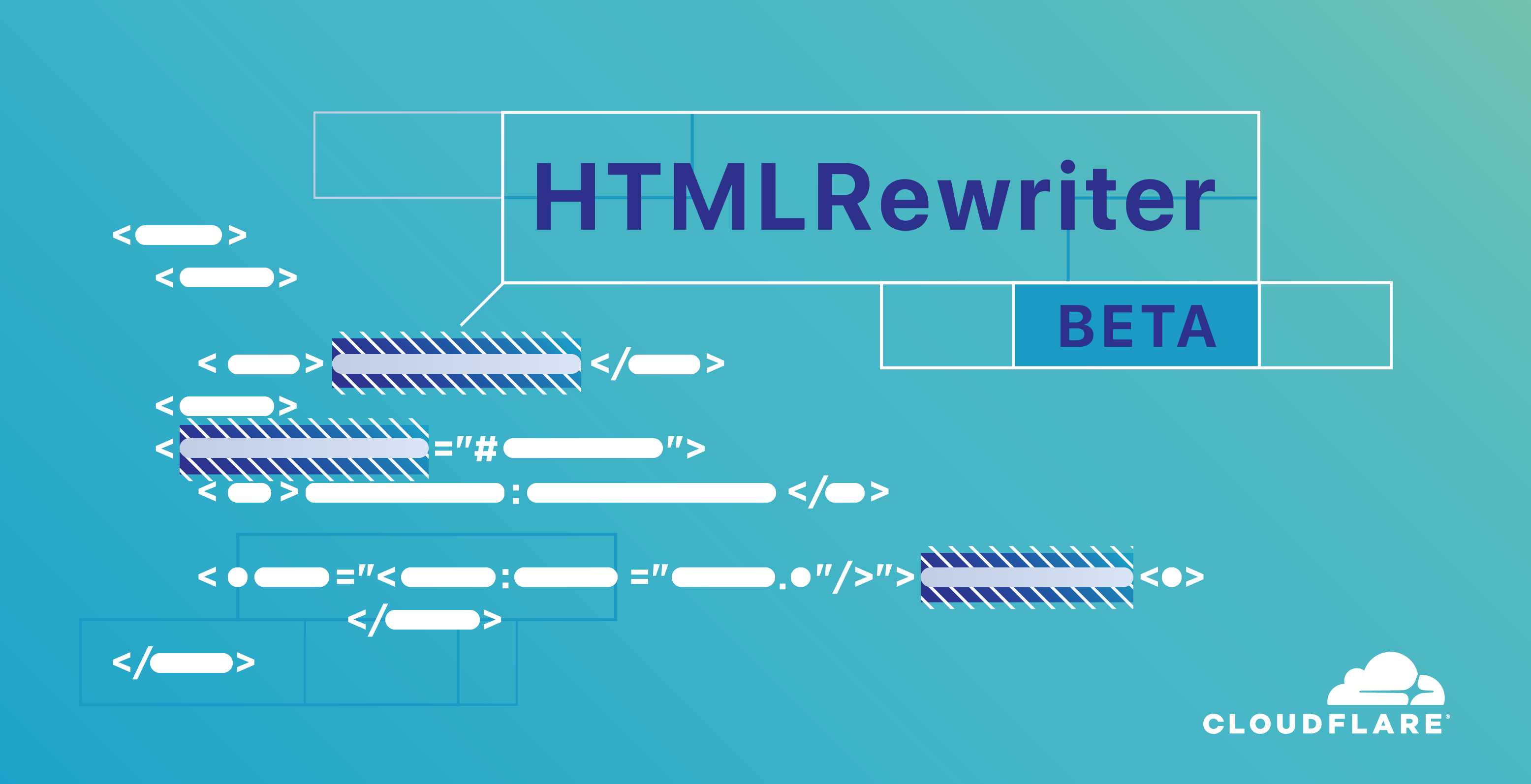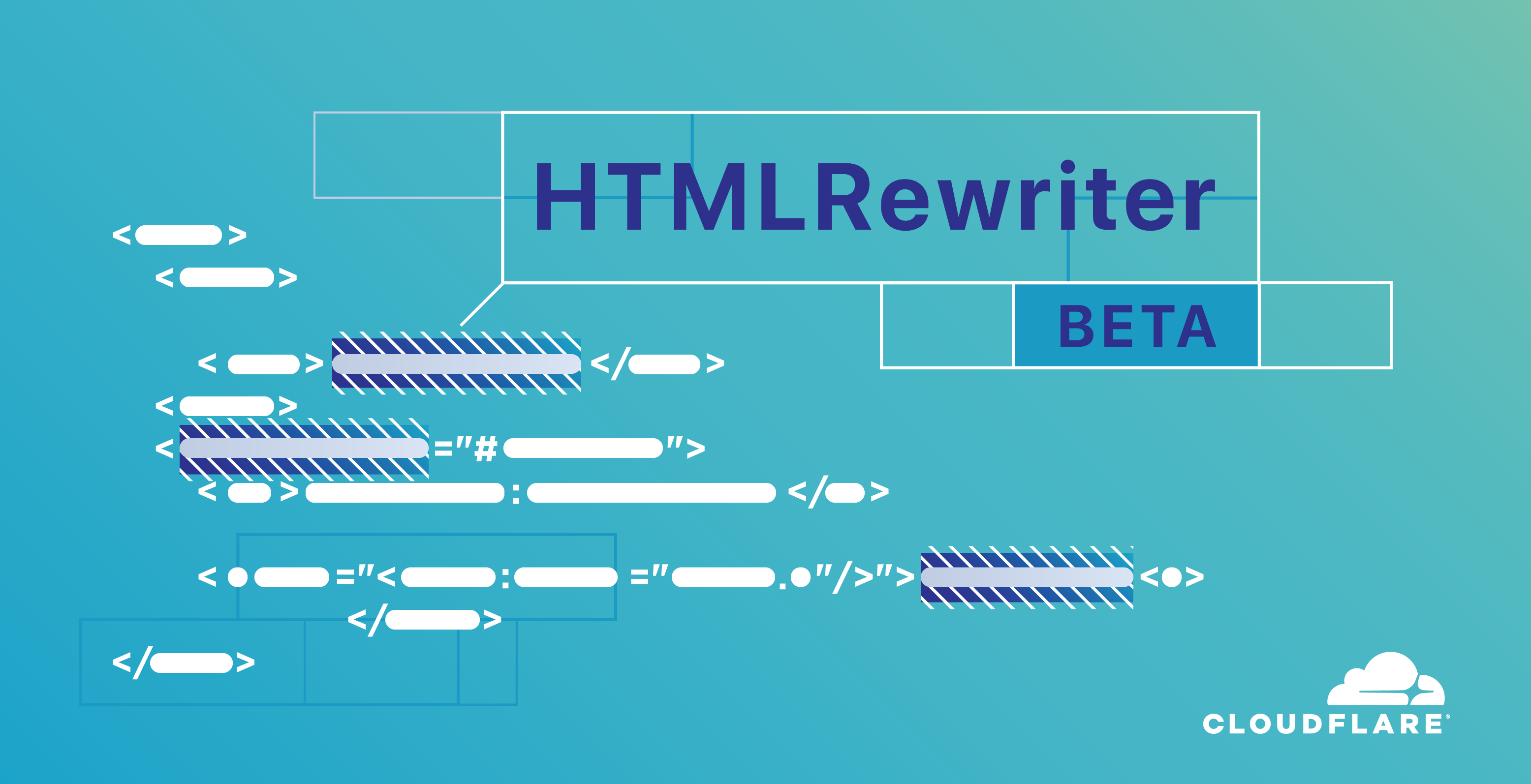Juniper Powers Telefonica UK’s Automated IP Network
The first phase of Telefonica UK’s migration to an automated and cloud-based IP network, which it...
Top Reasons to Attend VMworld Europe 2019
In the digital age, everyone is responsible for the organization’s overall security. DevSecOps brings together the disciplines of DevOps, Cloud and now Security toward a common goal of distributing security decisions with agility and scale. At VMworld Europe, you will network, learn and practice the industry’s latest technology with industry insiders, experts and your fellow co-workers and peers.
We’ve put together a list of VMware’s networking and security business unit’s top sessions, hands-on-labs and keynote sessions that you can’t miss!
Networking and Security Showcase Keynotes at VMworld Europe
Showcase Keynote: Networking and Security for the Cloud Era
- Tuesday, 5 November, 13:00 – 14:00 (CET/GMT+2)
- Speaker: Tom Gillis (@_TomGillis), SVP and GM, Networking and Security,
Showcase Keynote: Intrinsic Security – How Your VMware Infrastructure Can Turn the Tide in Cybersecurity [SEC3412KE]
- Wednesday, 6 November, 15:30- 16:30
- Speakers: Tom Corn, SVP Security Products, VMware, Shawn Bass, VP & CTO EUC, VMware
Cloud Networking Sessions at VMworld Europe
Tuesday, 5 November, 2019
Edge to Hybrid Cloud, the Network Matters [CNET3628BES]
- Tuesday, 5 November, 11:00 – 12:00
- Speakers: Amit Pandey, VP, Head of NSX Service, VMware and Bob Ghaffari, General Manager, Intel
Network Break 254: Amazon Develops Wireless Gadget Protocol; Mellanox Gear Harmonizes With SONiC
Network Break feasts on a variety of tech news including a new wireless protocol proposed by Amazon, Mellanox support for the SONiC NOS, Palo Alto Networks saying it will build an SD-WAN offering, a dip in cloud infrastructure spending, and more.
The post Network Break 254: Amazon Develops Wireless Gadget Protocol; Mellanox Gear Harmonizes With SONiC appeared first on Packet Pushers.
Network Break 254: Amazon Develops Wireless Gadget Protocol; Mellanox Gear Harmonizes With SONiC
Network Break feasts on a variety of tech news including a new wireless protocol proposed by Amazon, Mellanox support for the SONiC NOS, Palo Alto Networks saying it will build an SD-WAN offering, a dip in cloud infrastructure spending, and more.Kubernetes Shadow Hangs Over Docker Financial Squeeze
Company CEO Rob Bearden reportedly circulated a company-wide email stating that Docker Inc. has...
Insider Threat Detection with NetFlow
The post Insider Threat Detection with NetFlow appeared first on Noction.
BiB082 – LPWANs, Amazon Sidewalk and Apple U1 Wideband
Last week we saw LPWAN announcements from Amazon and Apple, lets consider what that means.BiB082 – LPWANs, Amazon Sidewalk and Apple U1 Wideband
Last week we saw LPWAN announcements from Amazon and Apple, lets consider what that means.
The post BiB082 – LPWANs, Amazon Sidewalk and Apple U1 Wideband appeared first on Packet Pushers.
Both BGP and Power Point are Turing complete.

Its not a sign of superiority or actual usefulness.
The post Both BGP and Power Point are Turing complete. appeared first on EtherealMind.
New book on LISP – Locator and Identity Separation Protocol
New book is released on LISP – Locator and Identity Separation Protocol. “LISP Network Deployment and Troubleshooting: The Complete Guide to LISP Implementation on IOS-XE, IOS-XR, and NX-OS” I still couldn’t start to read it as the authors didn’t send my own copy yet :), but I want to congratulate the authors, Tarique, Vinit and …
Continue reading "New book on LISP – Locator and Identity Separation Protocol"
The post New book on LISP – Locator and Identity Separation Protocol appeared first on Cisco Network Design and Architecture | CCDE Bootcamp | orhanergun.net.
What is last hop router and first hop router in Multicast?
What is last hop router and first hop router in Multicast? These are important terms which are used in Multicast. In this post, I will explain the terms, differences and some detail about this term. In fact, last hop router and the first hop router can be considered as the same thing. But I …
Continue reading "What is last hop router and first hop router in Multicast?"
The post What is last hop router and first hop router in Multicast? appeared first on Cisco Network Design and Architecture | CCDE Bootcamp | orhanergun.net.
When Is Something SD-WAN?
A couple of days ago, I wrote on LinkedIn asking you what a SD-WAN solution should consist of.
https://www.linkedin.com/posts/danieldib_sdn-sdwan-wan-activity-6583614108971655168-BH8x
The post was meant to create a discussion and there were a lot of great answers. Some of the features are “must have” and some of them are “nice to have”. I’m not claiming to have all of the answers but here are some of my thoughts on the topic.
Automated VPN – There should be a mechanism to help you build the IPSec tunnels. You should not have to configure them manually. Traditionally, we often used something like DMVPN to build the tunnels for us. Consider the following:
- How are devices onboarded? Who can join the overlay?
- Are tunnels built using certificates or pre-shared key?
- How often are keys rotated? If at all
- How do you prevent a stolen router from joining the overlay?
Separation of control- and data plane – This one is debatable but there should a mechanism to influence topology of the overlay, and routing of the edge devices, using a central mechanism. With DMVPN, we had the ability to do Hub & Spoke or fully meshed, but there was no granular control. We could Continue reading
Changing Cisco IOS BGP Policies Based on IP SLA Measurements
This is a guest blog post by Philippe Jounin, Senior Network Architect at Orange Business Services.
You could use track objects in Cisco IOS to track route reachability or metric, the status of an interface, or IP SLA compliance for a long time. Initially you could use them to implement reliable static routing (or even shut down a BGP session) or trigger EEM scripts. With a bit more work (and a few more EEM scripts) you could use object tracking to create time-dependent static routes.
Cisco IOS 15 has introduced Enhanced Object Tracking that allows first-hop router protocols like VRRP or HSRP to use tracking state to modify their behavior.
Read more ...Not so static… Introducing the HTMLRewriter API Beta to Cloudflare Workers


Today, we’re excited to announce HTMLRewriter beta — a streaming HTML parser with an easy to use selector based JavaScript API for DOM manipulation, available in the Cloudflare Workers runtime.
For those of you who are unfamiliar, Cloudflare Workers is a lightweight serverless platform that allows developers to leverage Cloudflare’s network to augment existing applications or create entirely new ones without configuring or maintaining infrastructure.
Static Sites to Dynamic Applications
On Friday we announced Workers Sites: a static site deployment workflow built into the Wrangler CLI tool. Now, paired with the HTML Rewriter API, you can perform DOM transformations on top of your static HTML, right on the Cloudflare edge.
You could previously do this by ingesting the entire body of the response into the Worker, however, that method was prone to introducing a few issues. First, parsing a large file was bound to run into memory or CPU limits. Additionally, it would impact your TTFB as the body could no longer be streamed, and the browser would be prevented from doing any speculative parsing to load subsequent assets.
HTMLRewriter was the missing piece to having your application fully live on the edge – soup to nuts. You can Continue reading
Tech Bytes: The Value Of Software Quality With Arista Networks (Sponsored)
Software is essential to networking and on today's Tech Bytes podcast, sponsored by Arista, we examine how software quality affects operations, upgrades, security and more. Our guest is Doug Gourlay, VP and General Manager of Cloud Networking at Arista.Tech Bytes: The Value Of Software Quality With Arista Networks (Sponsored)
Software is essential to networking and on today's Tech Bytes podcast, sponsored by Arista, we examine how software quality affects operations, upgrades, security and more. Our guest is Doug Gourlay, VP and General Manager of Cloud Networking at Arista.
The post Tech Bytes: The Value Of Software Quality With Arista Networks (Sponsored) appeared first on Packet Pushers.
Inspur Pushes Data Center AI With Latest OCP Contributions
This includes an OCP compliant AI computing product for deep neural network applications launched...
Nokia Wields Single Carrier Terabit Connection Power
Nokia says just one terabit-per-second data stream is enough bandwidth to download the entire Game...
Talking 5G and the Next Big Networking Revolution with Claus Pedersen, Hewlett Packard Enterprise
Hear from Claus Pedersen, Vice President of Telco Infrastructure Solutions at HPE as he talks 5G,...